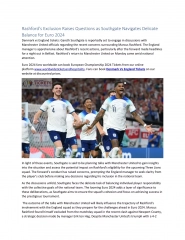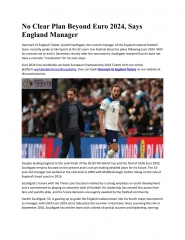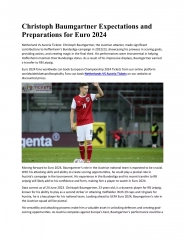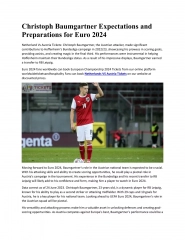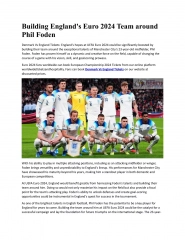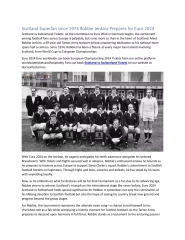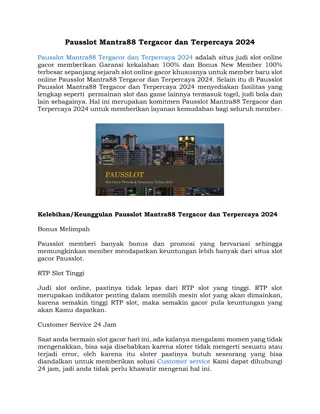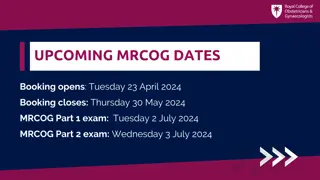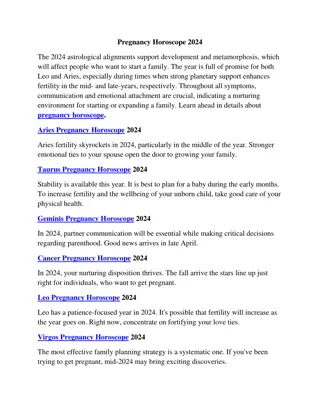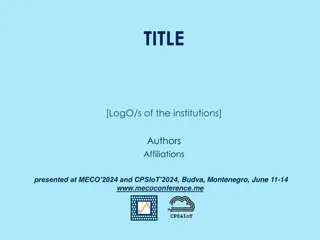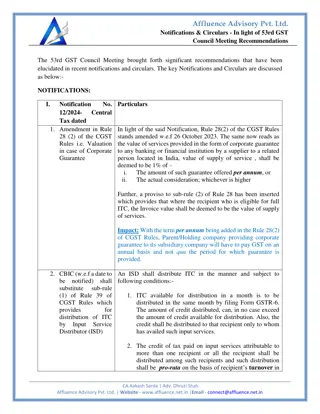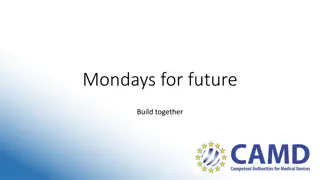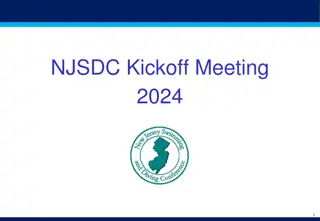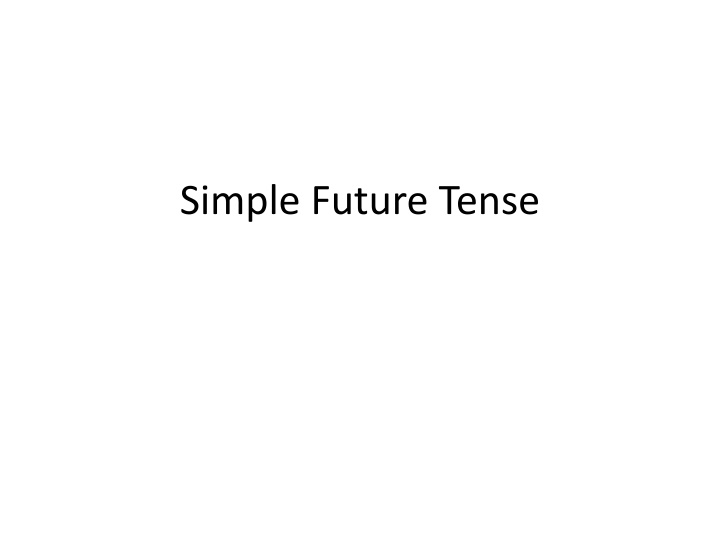
Mastering Simple Future Tense for English Learners
Explore the usage of positive, negative, and question forms of the simple future tense in English grammar. Understand how to describe actions that will happen in the future using "will" or "shall" with verbs. Practice forming sentences with examples and learn to ask questions about future events. Improve your language skills with this insightful guide.
Download Presentation

Please find below an Image/Link to download the presentation.
The content on the website is provided AS IS for your information and personal use only. It may not be sold, licensed, or shared on other websites without obtaining consent from the author. If you encounter any issues during the download, it is possible that the publisher has removed the file from their server.
You are allowed to download the files provided on this website for personal or commercial use, subject to the condition that they are used lawfully. All files are the property of their respective owners.
The content on the website is provided AS IS for your information and personal use only. It may not be sold, licensed, or shared on other websites without obtaining consent from the author.
E N D
Presentation Transcript
Positive The simple future tense is used to describe an action that happens once in the future. S + Will / Shall + Verb + c .. EX. He will start his new job in March. We will travel to Europe next summer. The concert will begin at 8:00 PM tonight. I will call you when I arrive. She will cook dinner for us tonight. They will buy a new car next month. I will clean the house this weekend I believe it will rain tomorrow. We shall move to another city I shall do my best to help
Negative The negative simple future tense is used to express actions or events that will not happen in the future. It's formed by adding "will not" often contracted to( won't) or Shall not (shan't )before the base form of the main verb. EX. I will not go to the party tomorrow. She will not finish her homework on time. They will not travel abroad this year. He will not attend the meeting next week. We will not buy a new car until we save enough money. The restaurant will not close early tonight. I will not forget your birthday. She will not lend her laptop to anyone. He shall not attend the meeting. She shall not buy a new car.
Question The question simple future tense is used to form questions about actions or events that will happen in the future. It's formed by rearranging the word order or by adding a question word before the auxiliary verb (will , Shall ). EX. Will they travel to Europe for vacation? Where will he go for his summer internship? Will we have class tomorrow? Will it rain tomorrow? Shall he attend the meeting? Shall she buy a new car?
Tomorrow Soon Shortly In a few minutes, in a few years, in a few months Next week, next month, next year

